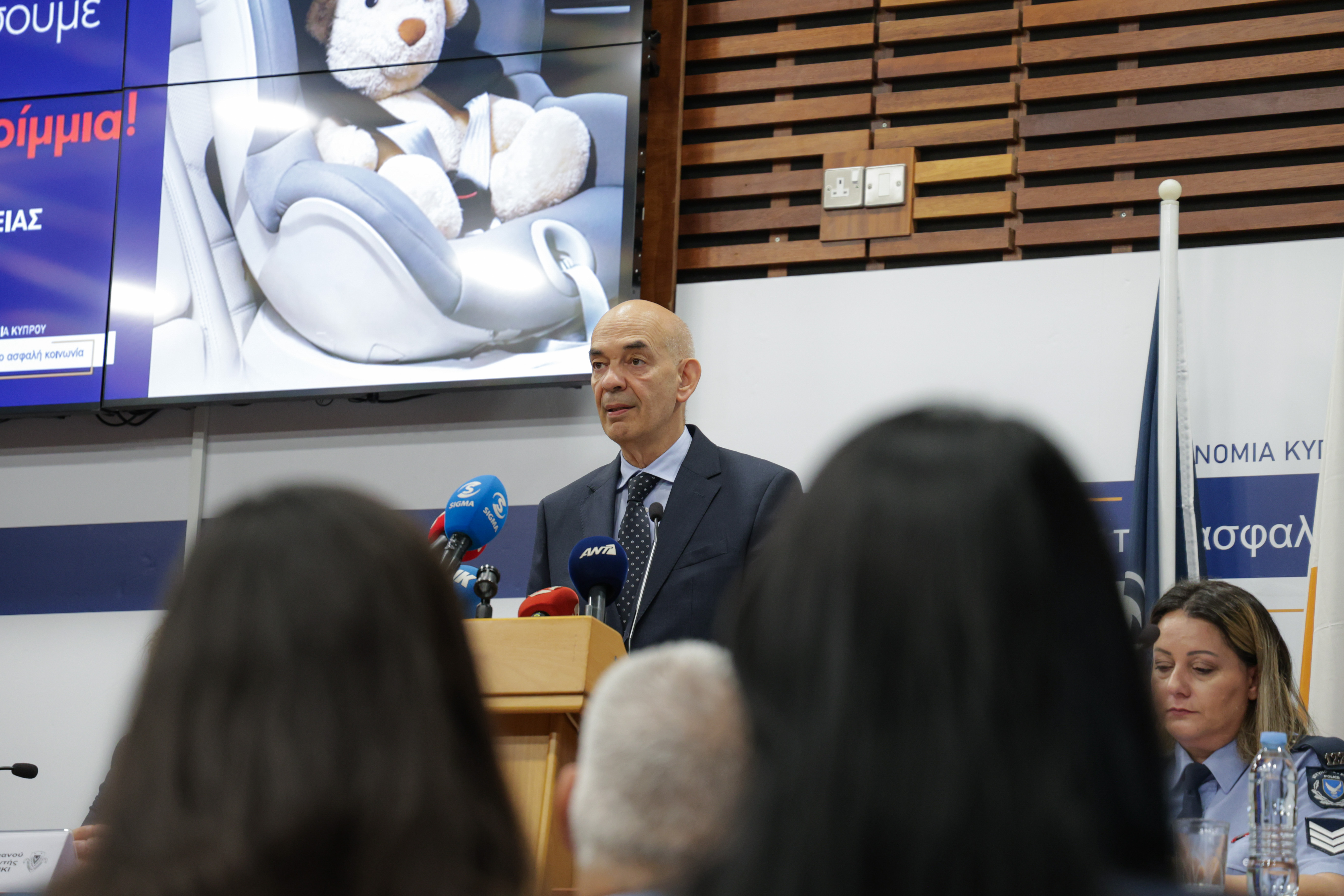Transforming the transport system is an ongoing effort with decarbonisation being one of the major challenges, Transport Minister Alexis Vafeades said on Monday.
Speaking at a round table discussion in Limassol in the framework of the third Green Week, Vafeades pointed out that green transition was a political and social necessity, impacting the environment, the economy and the people.
As cities are expanding, the demand for transportation is growing, he said, adding that technology could be used to transform the sector into a lever for growth, innovation and sustainability.
Vafeades said Cyprus, in line with EU legislation, had set a “particularly ambitious” goal to reduce net greenhouse gas emissions by at least 55 per cent by 2030 and achieve climate neutrality by 2050.
Referring to electric mobility, Vafeades said it was more of a change in philosophy than fuel and that the ministry was already promoting the gradual transition to cleaner forms of transportation.
One such plan was to subsidise the purchase of zero-emission vehicles and the withdrawal of old cars, with a budget of €45 million, as well as the scheme for the installation of electric vehicle charging points with a budget of €4 million.
Furthermore, the bus fleet will be renewed and bus stops and routes improved, so that public transport can establish itself as an alternative form of transport.
Infrastructure for bicycles and electric scooters will also be promoted, along with encouraging carpooling, smart parking and traffic management solutions.
Vafeades said urban planning also had a role to play in incorporating mobility principles in every development and infrastructure upgrades, aiming for cities with cleaner air, less urban noise, more green spaces and safer routes for all.
Cyprus, he said, “has all the resources to succeed”, through both national and EU plans.
He pointed out, however, that the transition to green transport would not happen overnight, but was a continuous effort.
Limassol mayor Yiannis Armeftis said the goal of climate neutrality by 2030 was not just an environmental bet, but an overall strategy for the future of the city.
Armeftis said Limassol was participating in EU projects, and the Limassol climate contract, approved by the European Commission, set out a roadmap for upgrades worth about €1.4 billion, of which €1 billion would be derived from private investments.






Click here to change your cookie preferences